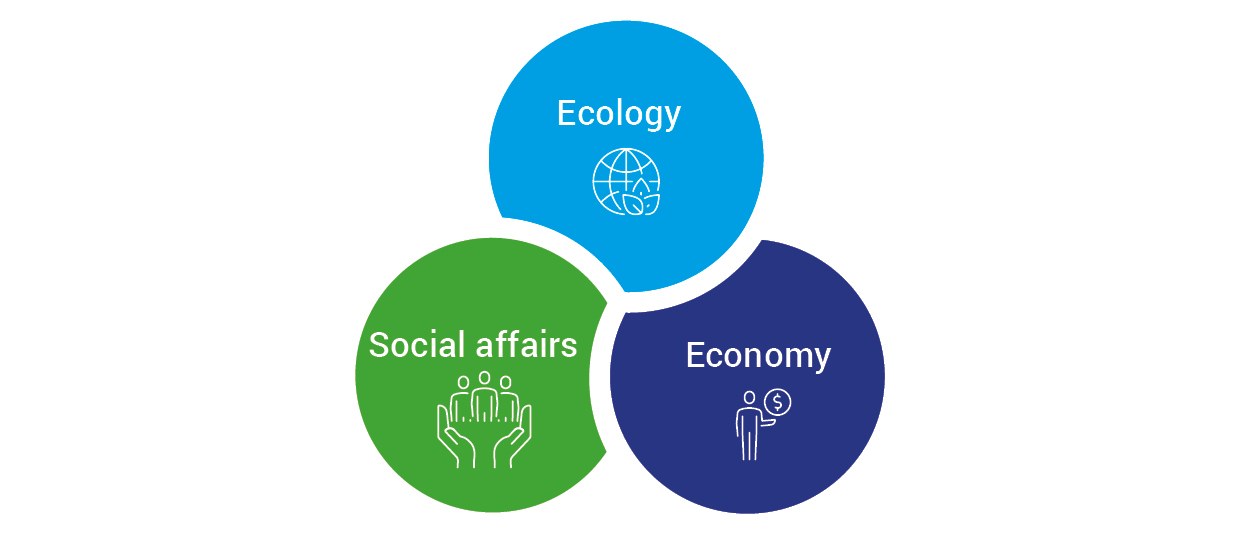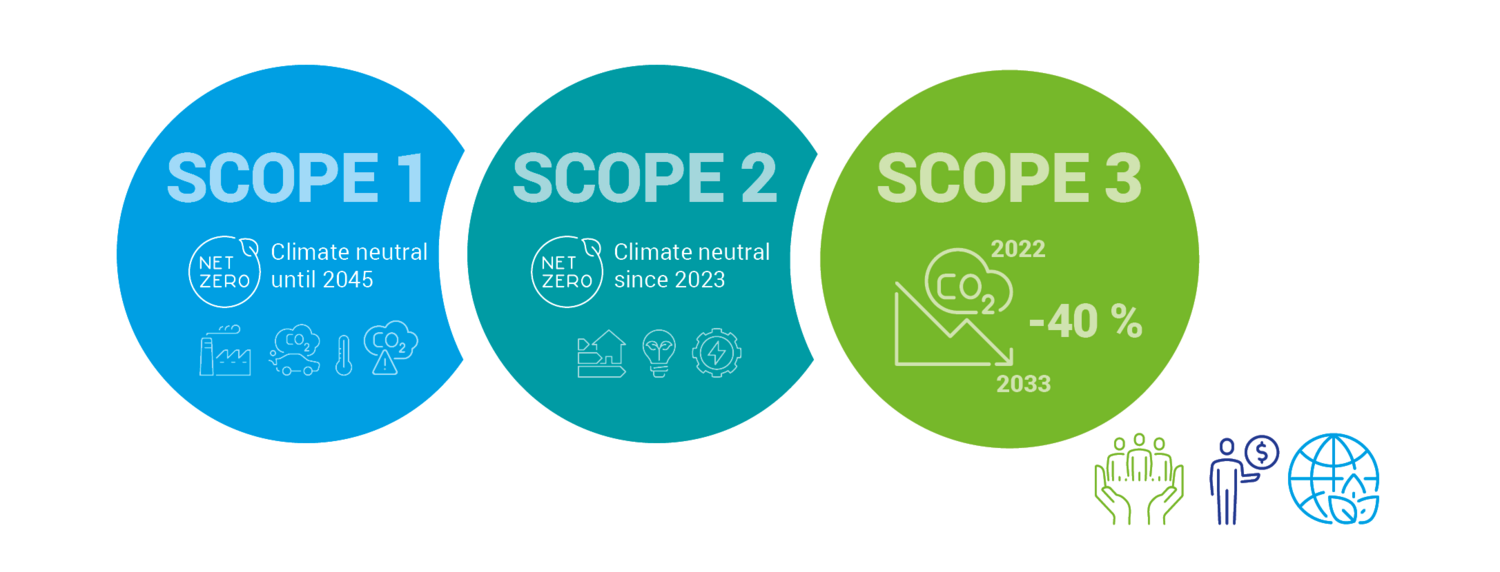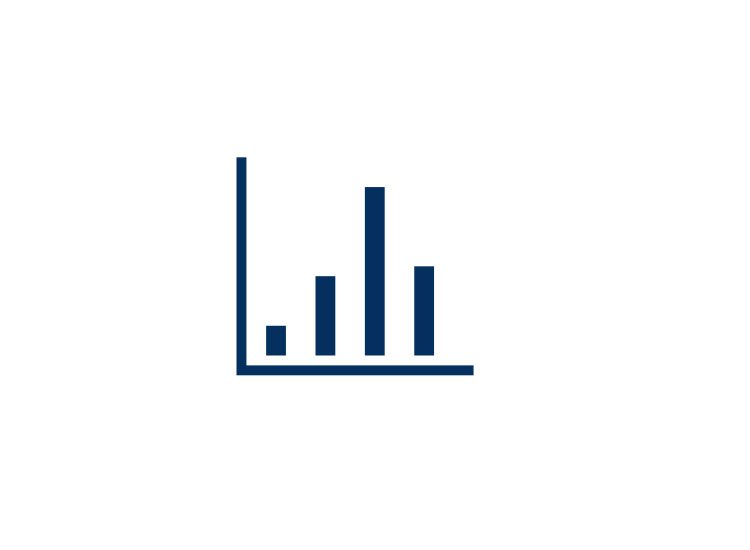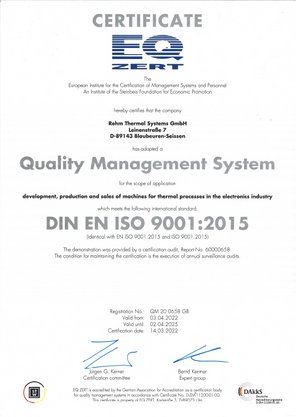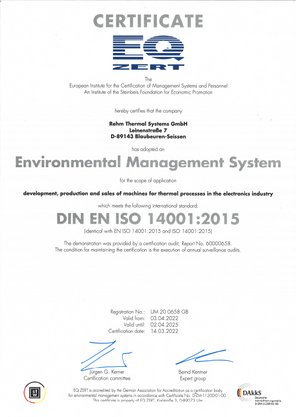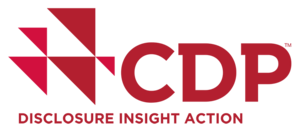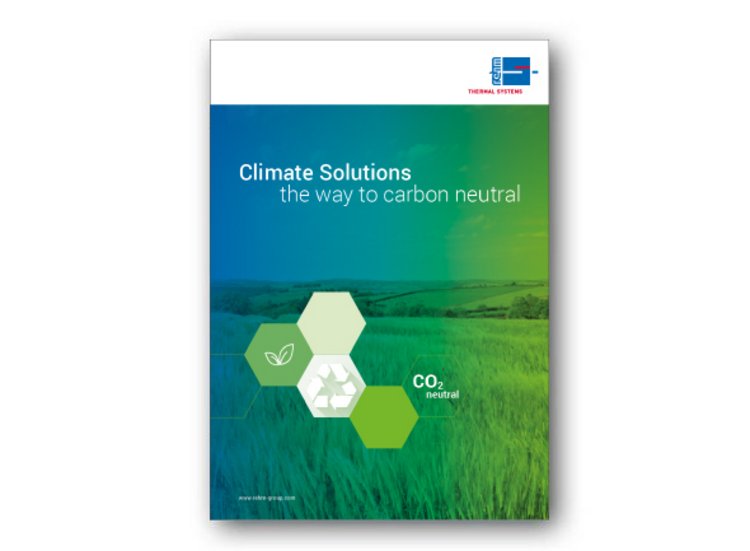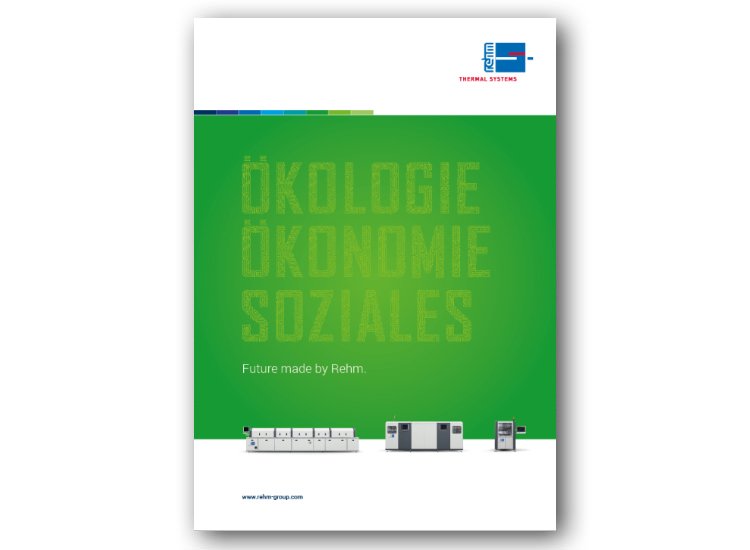What does sustainability mean to us?
As an internationally active company, Rehm Thermal Systems fulfils its responsibility for sustainable resource management. Environmental awareness means taking responsibility for our products throughout their entire life cycle. For us, sustainability encompasses the areas of economy, ecology and social responsibility.
Ecology
Environmental protection is our top priority. We make sure that our products and manufacturing processes are as environmentally friendly as possible. This includes using renewable energy, minimising waste and emissions and promoting recycling and reuse.
Economy
We focus on efficient and economical solutions that ensure the long-term success of our company while optimising costs for our customers. Our products and processes are designed to be economically sustainable and to secure competitive advantages.
Social responsibility
For us, sustainability also means social responsibility. We are committed to the rights and well-being of our employees, promote equality and inclusion and support social projects and communities. Education, health protection and the ethical use of technology are key aspects of our social sustainability strategy.

“Sustainability is important to us.
In all processes, we pay attention to the careful use of resources."
Johannes Rehm, Managing Director
Save the future: commitment to nature and the climate
Our energy concept combines efficient technologies and expertise with the requirements of a modern manufacturing company. Tradition meets globalisation – with raw materials from suppliers in the region, we manufacture systems that are successful on the global market. Low material consumption, reliable recycling of reusable materials, short transport routes through our production facilities in Germany and China, high-quality and durable systems with low energy consumption and minimal emissions – our commitment benefits not only the environment, but also our customers!

The introduction of an environmental management system in accordance with DIN EN ISO 14001:2015 at Rehm Thermal Systems points the way forward for the climate strategy.
Rehm Thermal Systems has set itself the goal of being climate-neutral in Scope 1 and Scope 2 by 2045. By 2033, CO2 emissions in this area are to be reduced by 40 % compared to 2022. These targets are in line with the official guidelines of the Federal Office of Economics and Export Control. In order to meet these targets, Rehm Thermal Systems has been working closely with elocompanion from Leutkirch in the Allgäu region since 2023, helping us to realise a complete transformation in the area of sustainability.

Corporate climate protection network
How can an internal management and employee information system help companies to protect the climate? And what specific measures can a German mechanical engineering company implement to reduce emissions? Find out more in our good practice film.
Certified quality
Rehm Thermal Systems has been regularly certified in accordance with DIN EN ISO 9001 since 2004. We also plan and design all machines to be CE-compliant in accordance with machine guidelines. We are regularly certified in the energy audit according to DIN EN 16247-1 and have also set another milestone towards climate neutrality with the introduction of the environmental management system according to DIN EN ISO 14001:2015 at Rehm Thermal Systems GmbH.
Transparency in environmental matters – we are a member of CDP
Rehm Thermal Systems GmbH discloses its impact on climate change and/or forests and/or water security through the CDP, a global non-profit organisation that operates the world's leading environmental disclosure platform. CDP drives companies and governments to reduce their greenhouse gas emissions, secure water resources and protect forests. In 2021, over 13,000 companies with over 64 % of global market capitalisation disclosed environmental data through CDP. In addition, more than 1,100 cities, states and regions have revealed their data. This makes the CDP platform one of the world's richest sources of information on how companies and governments are driving environmental change.
You can find more information here: www.cdp.net/en
